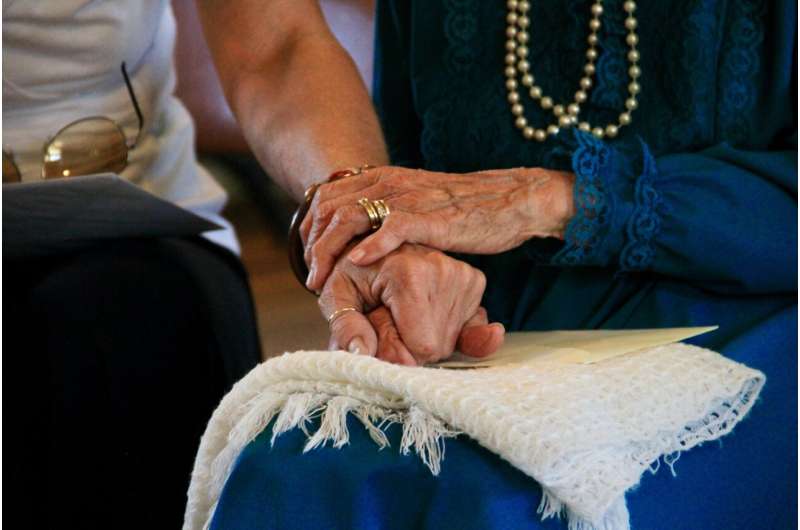
A recent study led by psychologist James Bray, a University of Texas at San Antonio (UTSA) professor in the College for Health, Community and Policy, highlights the role family plays in a college student’s response to COVID-19 pandemic-related stresses.
Bray and his team revealed that participants who had a close relationship with their parents experienced more positive COVID-19 pandemic-related changes in their relationships with family and friends, and had higher levels of happiness and life satisfaction than their peers.
The study also showed that having a healthier relationship with parents resulted in less COVID-19 pandemic-related stress and reduced alcohol use.
The results suggest that family health practitioners should promote these intergenerational qualities in families, which in turn should increase positive psychosocial and health outcomes in the context of a pandemic.
The generational effects on family relationships and individual behavior also suggests that dysfunctional relationship patterns in one’s family of origin contribute to greater stress and to poorer health outcomes.
By the same token, positive relationships between young adults and their parents can buffer some of the damage to health and happiness caused by the pandemic.
“The COVID-19 pandemic brought unique stresses, and for many, possible changes to the dynamics of their relationships with family and friends,” Bray said.
The research team utilized a sample of 500 young adults at a large university in Texas to analyze changes in relationship qualities and the impact those changes had on a participant’s substance use and their overall life satisfaction.
Participants were undergraduate students between the ages of 18 and 25 years old who were enrolled in psychology courses and had participated in a larger online study about college student health happiness and COVID-related stress for course credit in April 2020. Bray and the research team examined how these patterns emerged for young adults in college during the pandemic.
Source: Read Full Article
